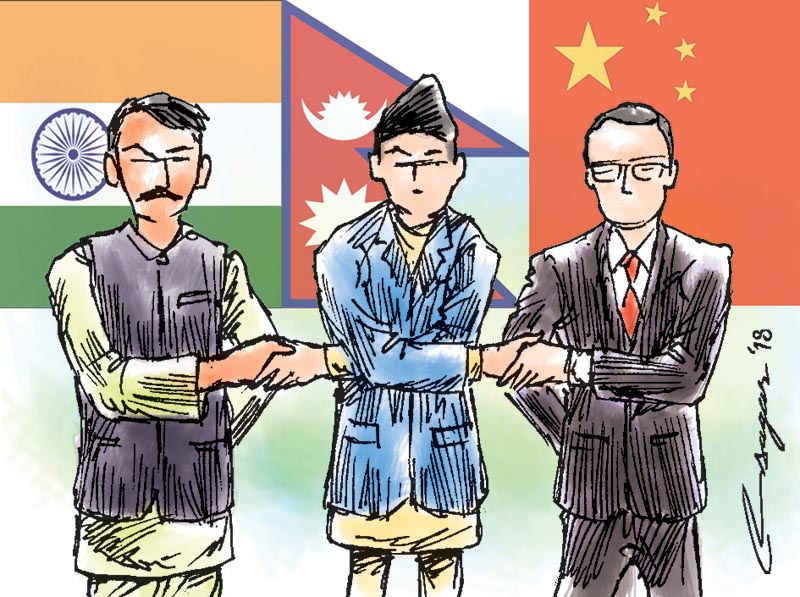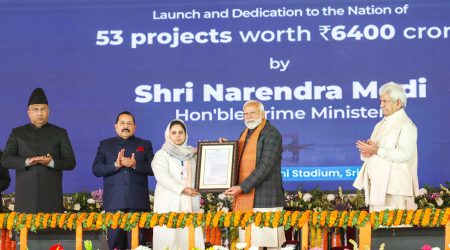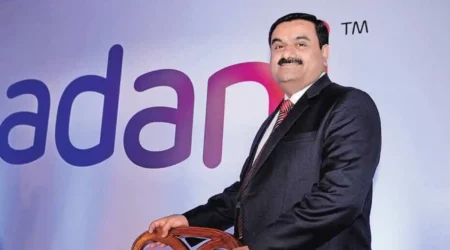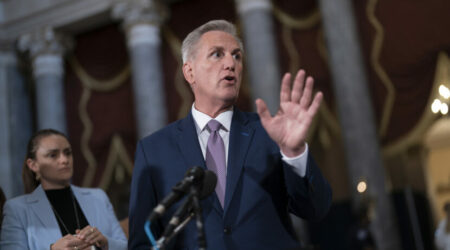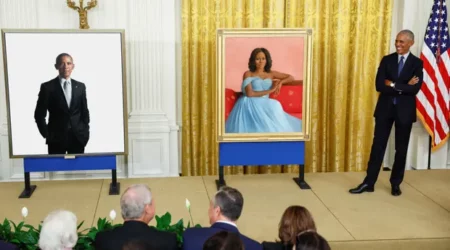By KS Tomar
With the ascendance of Pushpa Kamal Dahal ‘Prachanda’ as Prime Minister of Nepal and India’s bete noire K P Sharma Oli playing king-maker, the Indian establishment has come a cropper in the Himalayan nation.
It is a historical fact that any nation will be considered unfortunate if it has got unfriendly and ‘mischievous’ neighbors like Pakistan and now Nepal is poised to join the league following a missed opportunity by Nepali Congress to stop anti-India forces from occupying the top slot in new government which may ultimately benefit China.
The Terai region is strategically important for India and China may speed up its projects and the political buffer of Nepal will get compromised which will be of tremendous advantage to China. Shedding some of the subtleties known for its diplomatic approach, China under President Xi Jinping has made a series of uncharacteristically candid comments and in-depth reportage seeking to alert Nepal, Bhutan and Sikkim against foreign forces trying to use them as geo-strategic pawns. while sternly warning India against the United States’ moves termed “China containment”.
China had already started a huge investment during previous Oli’s government in roads and railways which will be accelerated, and thereby creating a huge security risk.
A Missed Opportunity
Now communists will be at the disposal of China which can ferment trouble for India, and it has been witnessed when Oli as prime minister embarrassed India by redrawing the map and claimed some territories as parts of Nepal. Oli had also objected to construction of a road by the border road organization to Mount Kailash, which was later inaugurated by defense minister Rajnath Singh.
Pushap Dahal ‘Prachanda’, a former Maoist guerrilla who led a decade-long insurgency against Nepal’s Hindu monarchy and still known as nom de guerre ‘Prachanda’ – meaning “the fierce one” has been successful in snatching the top slot from Nepali Congress, primarily due to its Intra-party contradictions.
A Worried Elephant in Himalaya
India shares 1800 Kms border with Nepal which gives free access to the citizens of both nations. With the new government in place, a huge Chinese investment plan will be encouraged by the new regime which may worry India. It is well known that China has turned Pakistan almost into a ‘vassal state’ and micro-manages all its policies and strategic activities. Now, Nepal may also follow suit and it is expected that ISI activities will get a fillip as witnessed during the previous regime of Oli.
Wait and Watch for USA
The United States had taken financial initiatives to strengthen its foothold in Kathmandu to isolate China which had blocked it through Nepali dispensation headed by Oli. But changed political dynamics may keep the United States away.
To improve Nepal’s economic situation, the Millennium Challenge Corporation (MCC) was signed in 2017. It was a $500 million pact with Nepal to expand Nepal’s electricity transmission infrastructure and improve its road maintenance regime but the previous Oli government tried to block it .
Earlier, the Deuba government had taken a different stand as the US normally provides financial assistance as free aid or grant whereas China’s “Debt Trap Policy” puts the borrowing nation under huge liabilities after which they start dictating terms.
Oli: The King Maker?
As per deal struck with Oli, the former Maoist guerrilla leader Prachanda will head the new government for the first half of the five-year term with the support of the opposition Communist Unified Marxist-Leninist (UML) party and some other smaller groups.
Interestingly, Oli and Prachanda had parted their ways two years back though they had merged their groups after the 2018 general elections. This merger was annulled by the election commission and later by the Nepalese Supreme Court.
It looks from outside that Oli is the kingmaker but this time Prachanda is in position to dictate terms.

China is offering to build Rail and Road projects in Nepal
Karamaveer Faces Uncertain Future
India was optimistic that if the coalition headed by Deuba returns to power, the Karmaveer Project – a recruitment drive for 28000 Nepali youth to join India Army will be implemented. But now, it faces an uncertain future despite the public pressure in favor of the Karmaveer Scheme.
Nepal-India Relations
China had started interfering in internal affairs of Nepal and completely won over the Oli faction of communists, who came to power by defeating Nepali Congress 2017. The new government will also not face any hurdle in strengthening ties with China. Moreover, Chinese President Xi Jinping had made personal efforts to woo Nepal during the Oli regime and visited the Himalaya Kingdom twice.
Experts say that a huge investment by China in the Terai region of Nepal is aimed at twin objectives. First, a large-scale investment with good returns and thereby weaning away Nepal from India. Then, using the open border of Nepal with India to facilitate the smuggling of Chinese goods to India on a large scale.
Prime minister Narendra Modi has visited Nepal around half a dozen times which reflects India’s eagerness to cement strained relations. India did contribute to help Nepal during the pandemic crisis purely on humanitarian basis.
But it’s too early to see any clarity over the future of Indo-Nepal relations in the short and medium term.
The Coalition Corundum
Prachanda’s CPN-Maoists Centre got the backing of the Oli-led CPN-UML, the Rajendra Lingden-led Rastriya Prajatantra Party, the Rabi Lamichhane-led Rastriya Swatantra Party, the Upendra Yadav-led Janata Samajbadi Party-Nepal, the CK Raut-led Janmat Party and the Ranjita Shreshta-led Nagarik Unmukti Party besides the support of the three independent members. This formed a simple majority of 138 to form government in the house of 275.
Nepali Congress led by ex-Prime Minister Sher Bahadur Deuba had emerged as the single largest party by winning 53 seats in the parliamentary polls. CPN-Maoist bagged 17 seats, CPN-Unified Socialist (10), LSP (4) and Rastriya Janamorcha (1). The Nagarik Unmukti Party got 3 seats, Rastriya Swatantra Party (RSP) got 7, Nepal Workers’ and Peasants’ Party (NWPP), and Janamat Party got one each, while Independents got five seats. Prachanda’s CPN-UML got 42 seats while its partners Rastriya Prajatantra Party (RPP) and Janata Samajwadi Party (JSP) won seven seats each.
In all, normalization of ties between Nepal and India is strategically essential to keep Himalaya safe from Janus-eyed China. The onus to improve the ties is on Prachanda while India would watch every development in Kathmandu closely as its territorial integrity depends on those sequence of events.
It would be unfortunate to see Nepal going Pakistan’s way and becoming a ‘vassal state’.

KS Tomar is a senior political analyst based in Shimla, India. He had been based in Kathmandu for a long stint for an Indian national daily.
Disclaimer: The views expressed are not necessarily those of The South Asian Times


